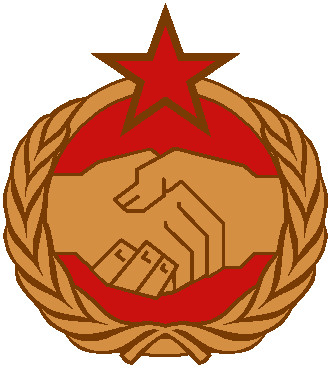It was on March 7, 1921 that a collection of miners established a dictatorship of the proletariat in Istria, partly in response to Fascist violence, and partly in response to the inadequate working conditions. Sadly, it only lasted one month before the authorities forcibly shut it down.
Despite its significance to proletarian history, finding detailed sources on this in English is frustratingly difficult. If you know Italian and Serbo‐Croatian then you’ll have nothing but a good time researching this, but I am not kidding when I say that much of the information on this in English is limited to tour guides.
From Libcom.org:
As elsewhere in Italy, alongside worker militancy there was a wave of employer‐backed fascist reaction.
On 1 March, 1921, miners’ union leader Giovanni Pipano was attacked by fascists and severely beaten at the Pazin train station. The following day miners found out and were furious, and called a meeting for 3 March.
On 3 March miners gathered and decided to occupy their mine with the slogan “Kova je naša” — the mine is ours”. Peasants arrived from the countryside to support them, and armed detachments of Red Guards were organised to keep order.
On 7 March the miners declared the foundation of the Republic of Labin, and raised a red hammer and sickle flag. They formed a central committee as a decision‐making body, with mass assemblies for discussion and complete equality between the different nationalities of worker. They formulated and presented demands to their employer, Societa Arsia, including demanding a pay increase.
As the bosses refused to give in, on 21 March the miners decided to restart coal mining under workers’ self‐management.
A month on, the company made the decision to cease negotiations and instead call in the army.
On 8 April, around 1000 soldiers and police attacked the mine by land and sea. The miners, taken by surprise, retreated towards Štrmac, where they continued to put up resistance. But poorly armed and untrained they were forced to surrender.
Two miners — Massimiliano Ortar and Adalbert Sykora — were killed with dozens arrested.
52 miners were later charged with a litany of crimes including the establishment of a soviet régime, rebellion, possession of explosives and others. But due to miners’ refusal to testify against one another, a robust legal defence and support of the local population eventually none were convicted.
They wernt the shortest soviet republic. Würzburg had one but it was overthrown after 3 days.


